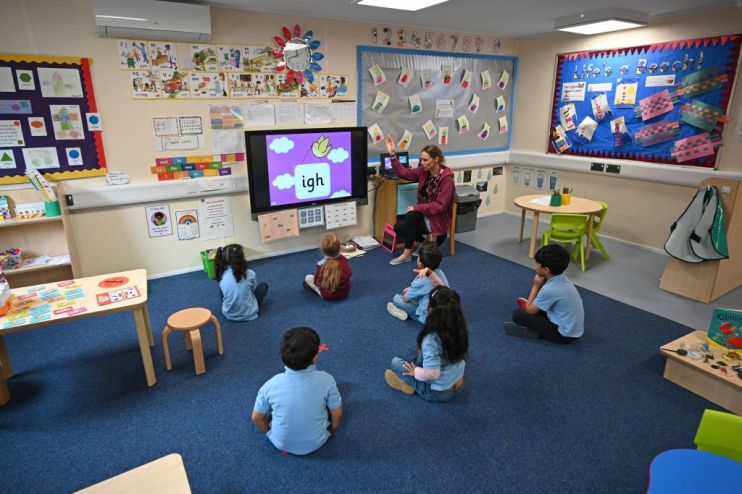DEBATE: Is the government wrong to drop plans for all primary pupils to return to school?

Is the government wrong to drop plans for all primary pupils to return to school?
Joanna Williams, a former school teacher and director of the think tank Cieo, says YES.
An email from my daughter’s school: she will not be returning before the end of term and, from September, might attend only a couple of days each week.
Come autumn, she will have been out of class for over five months. Why?
Covid-19 poses a minimal risk to children; most who catch it display no symptoms. Statistically, children are more likely to be struck by lightning than to die from coronavirus. There are hardly any recorded cases of children transmitting Covid-19 to adults, and schools across Europe have now reopened safely.
Against this, we must weigh the risks of keeping schools closed. Even the best online learning is a poor substitute for the classroom and three months in motivation is flagging. The most disadvantaged pupils are falling further behind their peers. Children are bored and lonely; they need social interaction with peers and teachers to develop their full potential.
So why is my daughter stuck at home? We need to end the hyped-up fear, drop the unnecessary social distancing obstacles and get all pupils back through the school gates.
Geoff Barton, general secretary of the Association of School and College Leaders, says NO.
The government is right to drop plans for all primary pupils to return to school for a month before the end of the summer term — because it wouldn’t be possible to do this while maintaining small classes and social distancing.
In truth, the government over-promised and raised an expectation that couldn’t be delivered.
This announcement doesn’t change the existing arrangements to bring in reception, Year 1 and 6 in primary, and some contact with Year 10 and 12 in secondary. But we should explore ways to bring more children back into schools beyond that before the end of term. This could be along the lines planned in Wales for every child to have a check-in session with their teacher to assess their wellbeing and learning.
That is complicated in England by the existing commitment to reintroduce specific year groups, which constrains the availability of staff and space for other children. But we need to look at what is possible.
Main image credit: Getty